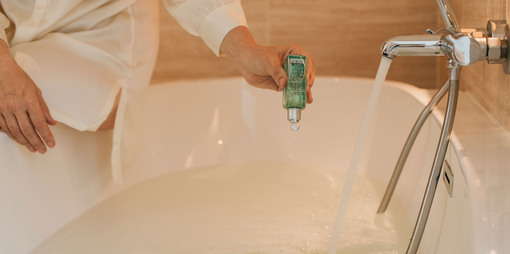Begin breaking the battle with the sweet poison

Begin breaking the battle with the sweet poison
It seems rare these days to meet someone who is not, to whatever extent, in a 'battle' with sugar addiction; the crystal substance aka 'sweet poison'.
If there were a Betty Ford's for breaking sugar addiction they'd be unable to meet the demand!
Over the years there have been many conversations, articles and warnings in the media and the press by scientists to inform us that sugar is as detrimental to our health as tobacco and alcohol.
Our relationship with sugar seems to be that of the proverbial bear to a honey pot! And it is a relationship of indulgence, commonly followed by guilt. This relationship is in many ways out of control and sugar addiction is leaving a bitter aftertaste with national health services around the world.
Many of us know, even without access to any scientific research, that sugar is poison (although sweet), but in spite of this, we continue to poison ourselves on a regular basis. Why?
Sugar is deeply embedded in our relationship with food: sweets as a reward, lollies for consolation, chocolate as an end to a stressful day, ice-cream for comfort, birthday cakes to celebrate, a box of After Eights to show we care, truffles to express 'thank you' ...
- Is it possible that we reach for sugar when we don't get what we truly want? – the ideal man/woman that we feel we deserve, a job offer or a pay rise we might be entitled to, respect from our colleague, friend's support, father's attention, that car or house we think would improve our life, adequate care ... ?
- Do we eat sweet foods when we feel lonely, sad, insecure, anxious or empty?
- Do we rely on sugar to 'get us through the day' – using the energy high that sugar instantly provides, to compensate for tiredness, exhaustion or feeling stressed?
Is it not then worth raising our awareness bar in becoming more observant of the patterns and particular situations after which we tend to reach for sugar?
This short audio snippet examines why we use food, and in particular the little sugar hit for the oh-so familiar reward factor.
Using that little sugar hit as a reward
Do we eat to sustain ourselves or to reward ourselves because we do not feel we are enough?
Once we establish the patterns and we become more aware, it can be easier to work backwards and go a little deeper as to why we react to certain situations or to some people in the way that we do, and which might be igniting the habit of reaching for sugar as a compensatory form of relief.
Consider that it is entirely possible to work, play, rest and rejuvenate our bodies in a way that can free us from the sugar addiction roller coaster.
Developing true self-care is a beautiful place to get started.
When we begin to explore what might be fuelling and supporting the sugar cravings, we can start to feel more empowered to remain firmly in the driver's seat ... and turn the corner on sugar addiction!
Filed under



 PRINT PAGE
PRINT PAGE







